
The Journal of Literature and Trauma Studies is now accepting submissions.
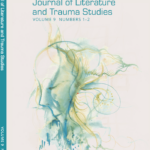
“Sólo te voy a decir”: Sexual Trauma in Consuelo García’s Las cárceles de Soledad Real (1982)
Deborah Madden
“Something I feel so shamed about still”: Postcolonial Trauma in Austin Clarke’s The Polished Hoe
Judith Broome
Language, Memory, Massacre: The Legacy of Trauma among Chechen Diasporas
Rebecca Ruth Gould
Writing the Self in Jane Eyre: A Study in Trauma
Meera Jagannathan
Decolonizing Climate Trauma Narratives: Eco-Ancestral Connecting in Case’s “Animals at the Eve of Extinction” and Indigenous Survivance in Lin’s Rise
Lara-Lane Plambeck
Review
Laura Lazzari and Nathalie Ségeral, eds., Trauma and Motherhood in Contemporary Literature and Culture
Emanuela Caffè
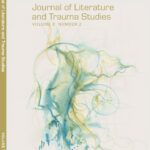
Resilience and Trauma in Alexandra Fuller’s Memoirs
Lena Englund
Witnessing Impossibility: The Traumatic Theater of Rachel Neuburger’s Nepenthe
Leonie Ettinger
Anna Kavan’s Ecologies of Trauma: Who Are You? and Ice
Alice Hill-Woods
Airing Trauma on the BBC Third Programme
Jeremy Lowenthal
(Not) Looking Back, Looking Forward: Post- and Future Memory in Everywhere at the End of Time
Alexandra Weiss
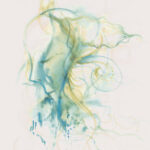
Palestinian Postmemory: Melancholia and the Absent Subject in Larissa Sansour’s In Vitro, Saleem Haddad’s “Song of the Birds,” and Adania Shibli’s Touch - Layla AlAmmar
Therapeutic Applications of Ciné-théâtre in Reframing Trauma Narratives and Attenuating Posttraumatic Distress in the Survivors of Sexual Violence: Koffi Kwahulé’s Les Recluses - Eric Wistrom
Testimony, Aporia, and the Holocaust in the Poems of Dan Pagis - Ashok K. Mohapatra
Trauma and Colonial Specters in Assia Djebar’s Fiction - Amar Guendouzi
A Russian Poetics of Trauma: Encounters with Death and the Literary Reclamation of the Individual - Laurie Vickroy
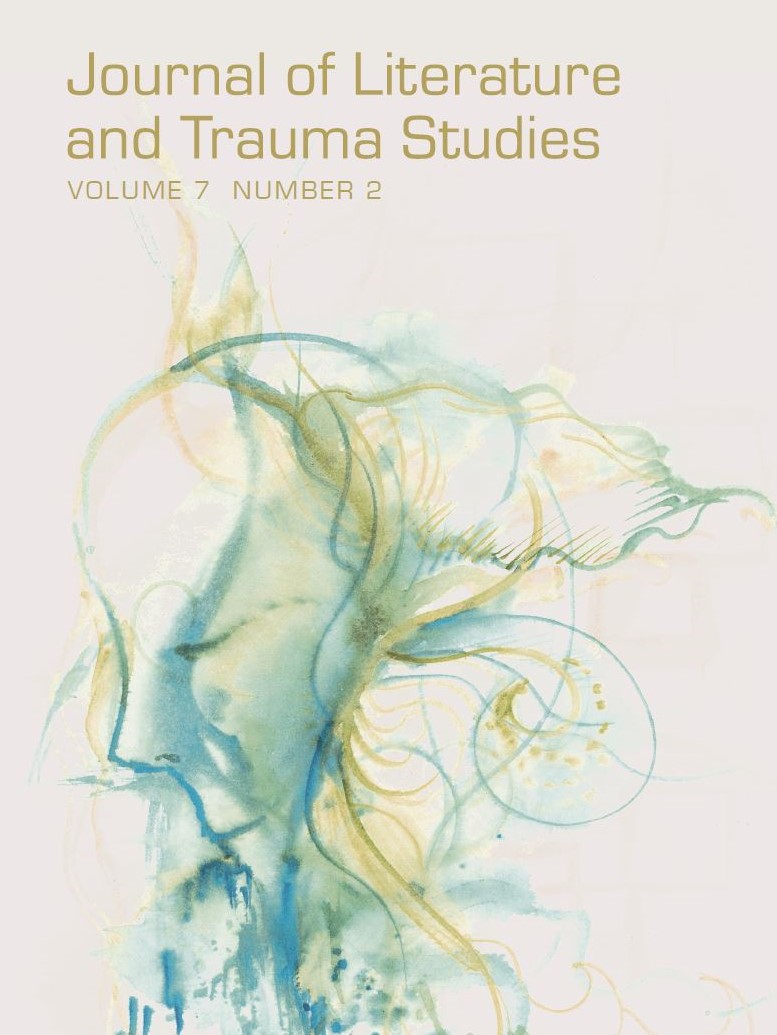
Revisiting the Sites of Trauma: The War Poetry of Siegfried Sassoon, Edmund Blunden, and Richard Hugo
Michael Sarnowski
Ricoeur’s Theory of Metaphor as Trauma Praxis
Iris J. Gildea
Dystopia, Trauma, and Resignation: A Reading of Perec’s W, or the Memory of Childhood and Ishiguro’s Never Let Me Go
Annabel Herzog
Postmemory’s Graphic Symptom: Disembodied Voice, Repetition Compulsion, and Working through Trauma in GB Tran’s Vietnamerica
Jin Lee
Forms of Mediation in Ari Folman’s Waltz with Bashir
Donato Loia
Book Review
Guy Beiner, Forgetful Remembrance. Social Forgetting and Vernacular Historiography of a Rebellion in Ulster
Catriona Kennedy
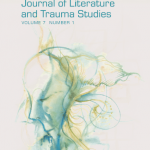
Symptoms of Psychological Problems among Children of Holocaust Survivors: Faye Sholiton’s The Interview - Gene A. Plunka
The Politics of Parenting in Nancy Huston’s Fault Lines: Transgenerational Trauma Revisited - Susan Bainbrigge
The Trauma of the Archive in Sinan Antoon’s Novel Fihris - Sami Alkyam
Guests of Empire, Ghosts of Dispossession: Traumatic Loss and the Subject without a Proper Name in The Gangster
We Are All Looking For - Yasuko Kase
The Banal Sublime of Postcolonial Bombay and Calcutta: The Embodied Ghosts, Falling Bodies, and Tangled Webs in
Chandra’s “Dharma” and Chaudhuri’s A Strange and Sublime Address - Molly Volanth Hall
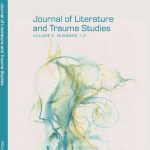
This bilingual issue has a threefold purpose: to expose, map, and encounter the primary moment of the catastrophe from a Japanese perspective—made available here to most Anglophone readers for the first time. The concomitant and secondary effort is aimed at examining some of the patterns of evasion and repetition that characterize the suppressed moment of cultural and historical adaptation and reaction to the catastrophe, with the final hope of opening up the debates surrounding the critical responses to the atomic bombings, understood as one of the central traumatic “limit events” of our epoch, to an alternative set of cultural, critical, and literary perspectives.
Contributions are invited for consideration to be published in a collection of essays on trauma informed pedagogy in the college classroom. Recent evidence has become clear and compelling that many students enrolled in colleges and universities across the U.S. and internationally suffer from effects of multiple forms of traumatic experiences. These include but are not …
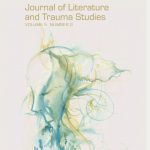
This special issue stems from the international conference Trauma and Gender in Twentieth-Century European Literature, organized in March 2016 at the University of Strathclyde in Glasgow under the aegis of the Centre for the Social History of Health and Healthcare, and with the kind support of the Wellcome Trust.1 The studies included here explore how the axis between trauma and gender intersects in a range of narratives by men and women writers and filmmakers in twentieth-and twenty-first-century Europe. The issue discusses the ill-effects of war as experienced by soldiers but also its long-lasting impact on civilians as manifested in different forms of trauma. In other words, it looks, from the perspective of gender, into the expression of trauma caused either by the historical context (World War I, World War II, Francoism, etc.) or by personal events. In so doing, it is significant that some recurrent themes emerge, such as silence, rape, illness, death, and, indeed, the trauma of gender itself.
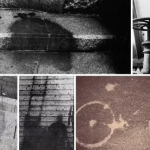
Professor Kinya Nishi, Konan University, Japan
"A Postmodern Hiroshima? Trauma, History, and Poetic Language in Modern Japan"
10th November, 1.30-3.00 pm, Manchester Metropolitan University, GM302 .
Organised by Dr David Miller, Department of English Studies, MMU, with the generous assistance of the Daiwa Anglo-Japanese Foundation.